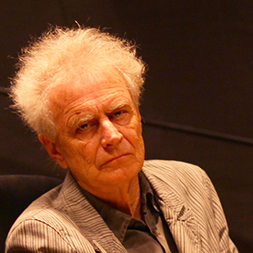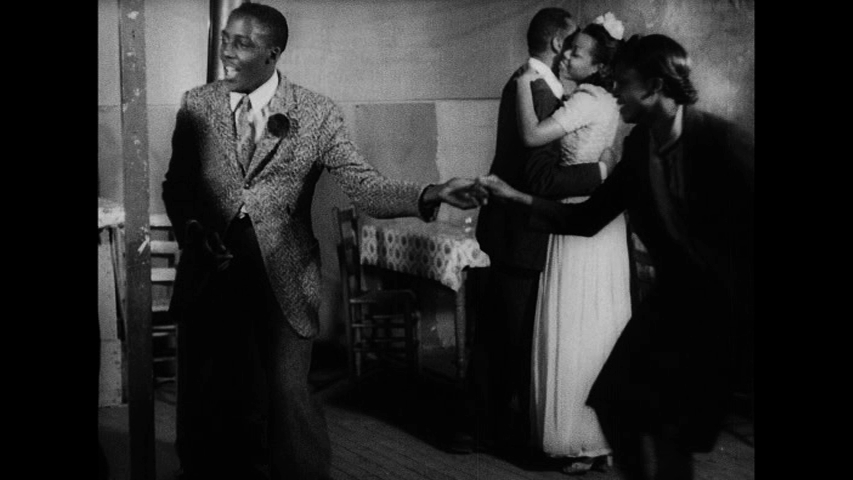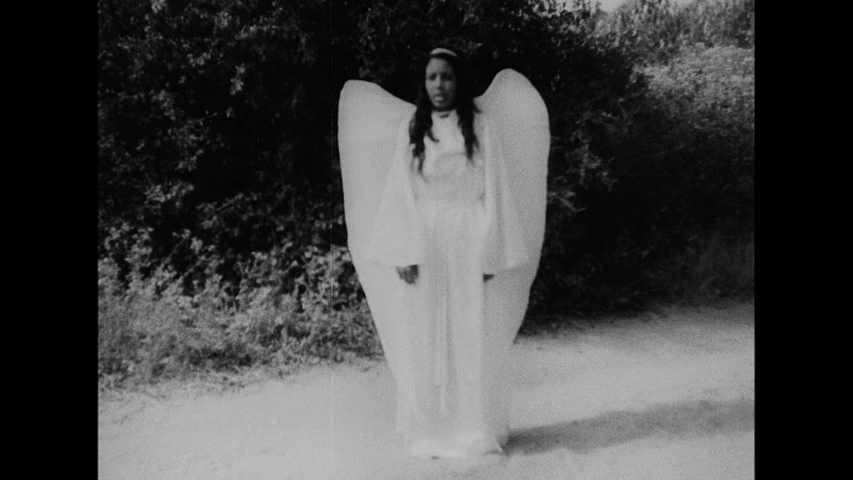Juke - Passages from the Films of Spencer Williams
Thom Anderson
- USA
- 2015
- 29min
- DCP
- black and white
Asian Premiere
Synopsis
During the 1940s, Spencer Williams directed nine race films for Sack Entertainment in central Texas, and he acted in eight of these films. Only one has yet to be rediscovered. In Juke, I attempt to reclaim his work, to demonstrate its originality and beauty as well as its documentary value. Williams returns always to the same theme: the struggle between the sacred and the profane, the church and the juke joint, gospel and blues. He portrays both with equal conviction.
Review
In this film, Tom Anderson reilluminates works of Spencer Williams, one of the black American cinema pioneers. Along with his acting career, he directed 9 feature films in 1940s―he starred in 8 films among them―but only 6 films are left. Starring with mostly black people, these films are categorized as ‘race film’ which were produced outside Hollywood in order to target certain race audiences. Like other films in this category, these have been almost forgotten in the cinema history. Therefore, can be defined as an extension of Anderson works who produced, (1996), the film refocusing on Hollywood blacklist victims and (2003) letting us rediscover Toby Halicki and Kent Mackenzie. However, since this film strictly excludes the use of narration and text, it is a bit different than other compilation films in its characteristics. Anderson never mentions nor remarks on any biographical fact on Williams and doesn’t recompose extracted clips from his films to search for a new meaning. As the film title indicates, this film is a juke-like film playing (visual-auditory) passages extracted from Williams’ works by Anderson’s own preference and intuition. [Yoo Un-Seong]
Director
-

Thom Anderson
A Train Arrives at the Station (2016)California Sun (2015)The Tony Longo Trilogy (2014)Reconversão (2012) The Thoughts That Once We Had is a personal history of cinema, partly inspired by Gilles Deleuze’s The Movement-Image and The Time-Image (quotations from these books appear intermittently) and partly by my discovery of the classic Hollywood musical comedy, occasioned by a That’s Entertainment marathon on Turner Classic Movies the night of December 31, 2013-January 1, 2014. Perhaps little of these inspirations remain in the film, but it is certainly a personal history of cinema. Of course, many others are possible, and anyone’s history is as valid as mine.A working title was “Great Moments in the History of Cinema,” but the movie outgrew this title. It became more ambitious. It found a form that satisfied me.The title is not meant to imply that cinema is dead. On the contrary: all art today aspires to the condition of cinema. Instead, the title suggests that moving images and sounds are thoughts in themselves because motion pictures are not perceived, they are remembered.The Thoughts That Once We Had tells more than I know, although I learned a number of material facts about cinema and my relation to cinema while making it: few film-makers are capable of making what Deleuze calls an “affection-image,” an image that imprints the face as a pure affect; the melody of the gaze is also rare; the more grounded the camera, the better (what Joris Ivens taught); a shot from The Eleventh Year by Dziga Vertov anticipates Wavelength; reading aloud is the most cinematic of all actions; my interest in cinema is more carnal than I realized; what interests the camera is not a given, but something the camera discovers anew for every shot. Other thoughts will be given to other viewers.This may all sound a bit formidable, but I also intended to bring a touch of American vulgarity to the so-called “essay film.” The movie was not calculated to drive liberals crazy; it just turned out that way
Credit
- ProducerThom Anderson
- Editor ㅍ
Phone
Phone 82 323 666 6977
E-mail icepickslim@gmail.com




